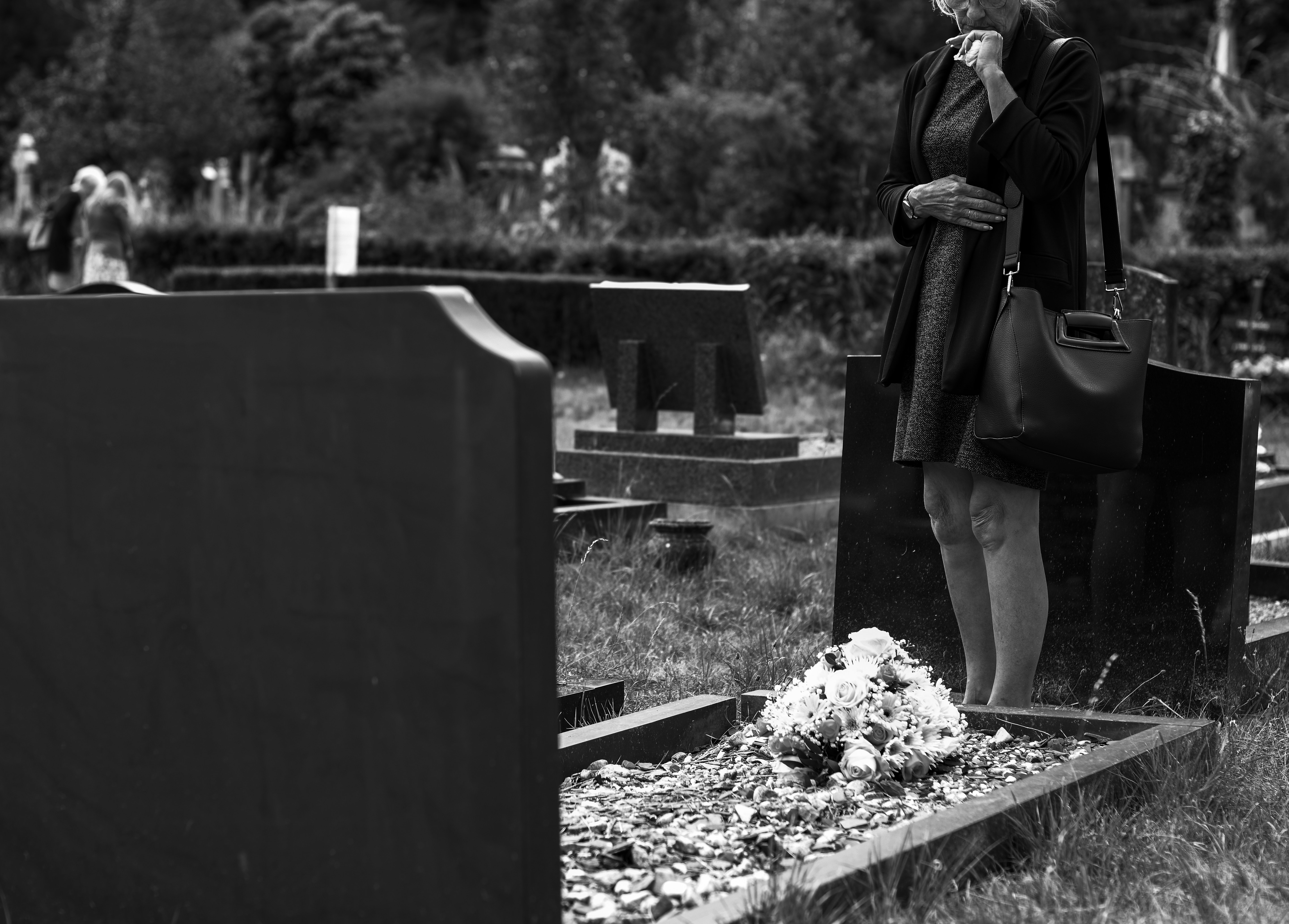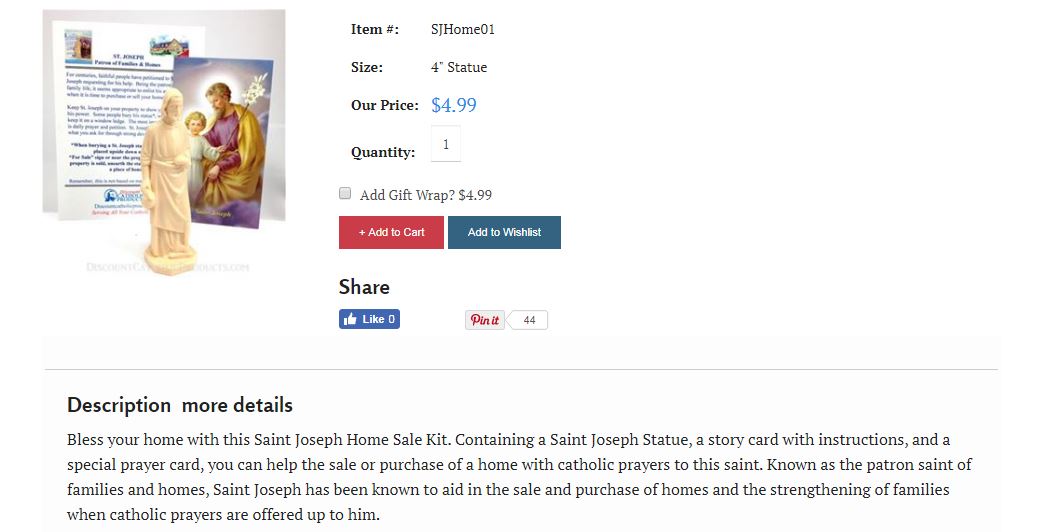
“Why can’t women be priests?” I remember asking my mother and her religious friends at dinner one day when they were over. “If girls can do anything boys can – why not this job?”
I was given the official church answer. You’ll find it on a variety of Catholic apologetics websites: because Jesus’s 12 apostles (the first priests) were all men, and Jesus never established women priests, so the church has no authority to ordain women. They claim it’s not their call to make.
This didn’t sit well with me then as a Catholic, and it sits even less well with me now. All of the apostles were circumcised Jewish-men-turned-followers of Christ. At one point in the New Testament, the early Christians discuss whether or not men need to be circumcised to follow Christ, and the church determines that no, they don’t (Acts 15). Why is it OK for the church to make a decision regarding circumcision, and to not require priests to be Jewish, but it is OK for them to require priests to be men? When the Bible talks about women leading and preaching, it’s clear the early church was pretty sexist. (See 1 Timothy 2:11-12). But Catholicism doesn’t always read scripture literally or take all their teachings from it. If they did, women wouldn’t be allowed to braid their hair or wear jewelry (see a few versus before the one about women teaching. 1 Timothy 2:9). They’re supposed to rely on apostolic tradition and interpretation. I’m convinced, based on the outcome of the circumcision discussion, that they could have changed this if they wanted to. They pick and choose what matters to them and what doesn’t.
I’m unhappy but not at all surprised to see the church take the same lame excuse they’ve been using against women to state their current position against gay marriage. While some in my community were hopeful for change, since the current pope has been less focused on anti-gay, anti-divorce comments than previous ones, and has even made occasionally forward-seeming remarks, I’m unsurprised by anti-gay statements made by the Vatican. As reported here by NPR,
The message, approved by Pope Francis, came in response to questions about whether the church should reflect the increasing social and legal acceptance of same-sex unions.
“Does the Church have the power to give the blessing to unions of persons of the same sex?” the question asked. “Negative,” replied the Vatican’s Congregation for the Doctrine of the Faith, which is responsible for defending Catholic doctrine.
This is just the church making an excuse. Continuing with the priest example, the priests who said mass when I was growing up were not ex-Jews turned Catholics from the Middle East. They came from a variety of backgrounds. I don’t see the Catholic church arguing that the Irish pastor I grew up with should not have been ordained under the church’s authority because he doesn’t look like any of the apostles.
The reality is, social change challenges the church’s authority. When the basis of your faith is, we have the correct interpretation of apostolic tradition passed down through the priesthood, admitting that the church has been wrong on any number of issues from heliocentricity to women’s rights to gay marriage requires the church to admit that they can be wrong about other things too. Faith is belief without reason to do so. How does one remain faithfully unquestioning when these questions are a reality of everyday life?
So the church digs in its heels, and when it does, many parishoners find themselves in a position of cherry picking their faith in order to keep it. When these believers are forced to evaluate church teachings for themselves as their friends and children and siblings come out of the closet, they are gifted a new lens with which to evaluate the church, one which is willing to take the good and throw away the bad. A huge erosion of the church’s authority cannot be avoided in the face of this challenge. The Vatican is afraid to look it in the face. Think of the pope not as a kind old man or preacher, but as a politician teetering on the precipice of change.
Churches are closing and consolidating at rates I’ve never seen before in my lifetime. Though the church claims there is no longer a shortage of vocations to the priesthood, that won’t matter much if there is a shortage of parishioners.
I’d love to hear your thoughts on the church closures as it relates to these issues.
Happy thinking!
Nancy





 It’s been a while since I really sank my teeth into a fantasy series. I used to love them growing up – Lord of the Rings, The Chronicles of Narnia, and Harry Potter (that last one took serious begging to be allowed to read when I was a kid) were some of my favorites. But lately, I’ve found fantasy a bit too tropey for me, preferring science fiction, especially dystopian fiction, when I wanted to venture into something speculative. But then Netflix released the Chilling Adventures of Sabrina, and mostly out of nostalgia for the sitcom from my childhood (another series I had to beg and beg my parents to let me watch), I decided to give it a go.
It’s been a while since I really sank my teeth into a fantasy series. I used to love them growing up – Lord of the Rings, The Chronicles of Narnia, and Harry Potter (that last one took serious begging to be allowed to read when I was a kid) were some of my favorites. But lately, I’ve found fantasy a bit too tropey for me, preferring science fiction, especially dystopian fiction, when I wanted to venture into something speculative. But then Netflix released the Chilling Adventures of Sabrina, and mostly out of nostalgia for the sitcom from my childhood (another series I had to beg and beg my parents to let me watch), I decided to give it a go. My family had a funeral to attend recently, and it was a Catholic one. My husband, who was not much of a churchgoer growing up, expressed surprise at how much of the funeral mass was–well, mass. The nonstop Jesus talk, the same repetitive prayers, the call and response, the sit-stand-kneel, then a homily and prayers that had more to do with the Catholic teaching on the Eucharist (holy communion) than anything else. The deceased was barely mentioned, except to talk about Catholic teaching on heaven, hell, and salvation. This was not in any way meant to memorialize the person, only to send them off to heaven.
My family had a funeral to attend recently, and it was a Catholic one. My husband, who was not much of a churchgoer growing up, expressed surprise at how much of the funeral mass was–well, mass. The nonstop Jesus talk, the same repetitive prayers, the call and response, the sit-stand-kneel, then a homily and prayers that had more to do with the Catholic teaching on the Eucharist (holy communion) than anything else. The deceased was barely mentioned, except to talk about Catholic teaching on heaven, hell, and salvation. This was not in any way meant to memorialize the person, only to send them off to heaven. Religious people often say that prayer makes them feel at peace. It’s not uncommon to hear a person of faith say they just “feel so loved” in God’s presence when they pray or go to church. But sometimes they take it a bit further. Some people act as if God is physically doing something to their bodies, and that’s what this post is about.
Religious people often say that prayer makes them feel at peace. It’s not uncommon to hear a person of faith say they just “feel so loved” in God’s presence when they pray or go to church. But sometimes they take it a bit further. Some people act as if God is physically doing something to their bodies, and that’s what this post is about. Superstitions exist in many cultures, but I don’t think enough has been said about the very superstitious and bizarre things people do in mainstream religions.
Superstitions exist in many cultures, but I don’t think enough has been said about the very superstitious and bizarre things people do in mainstream religions.

